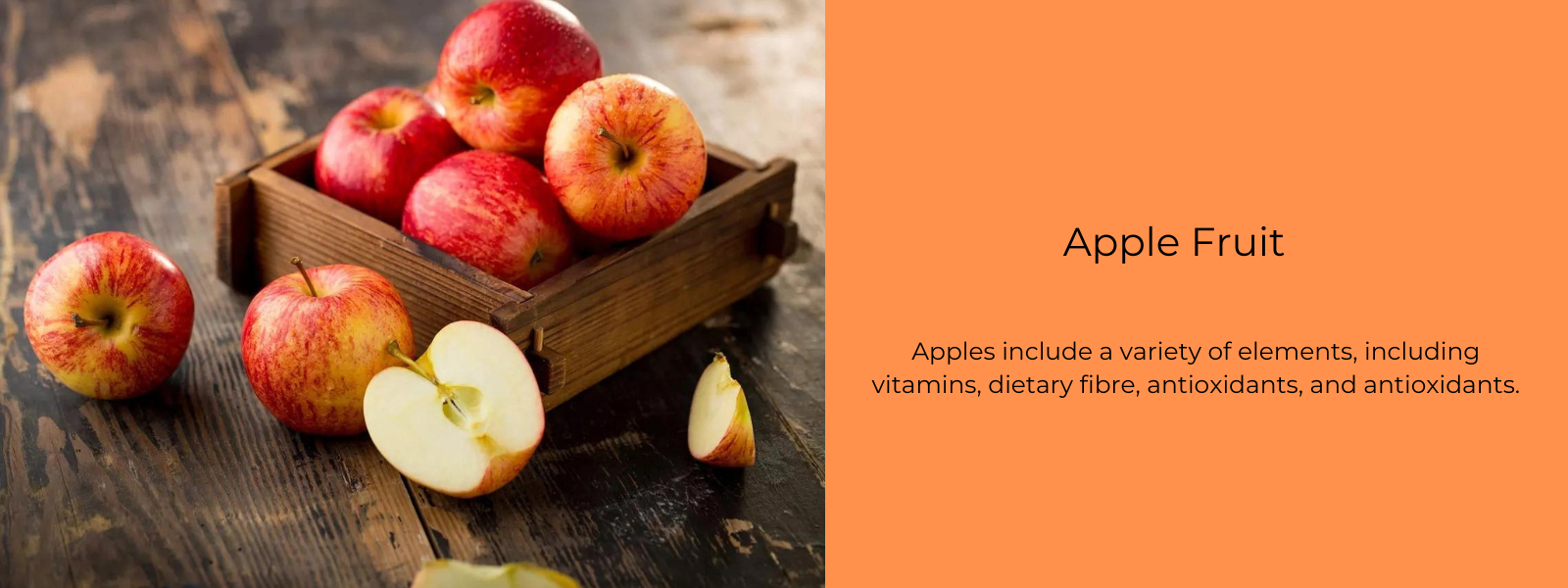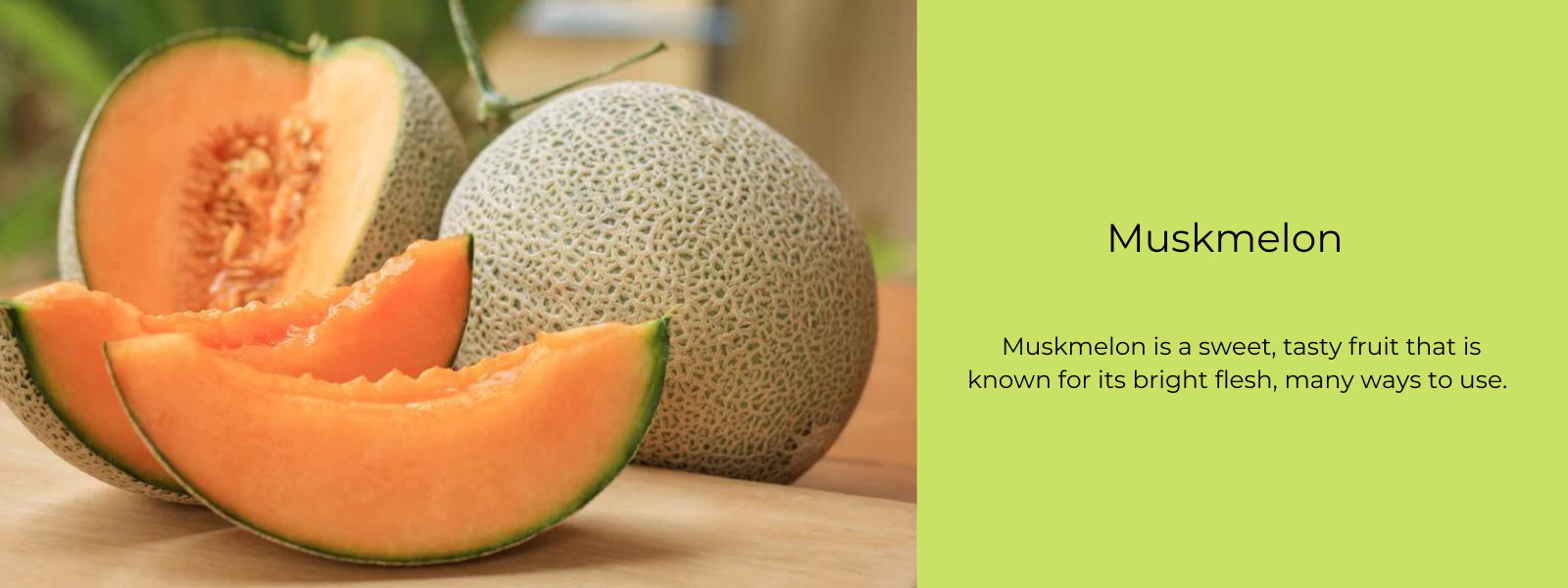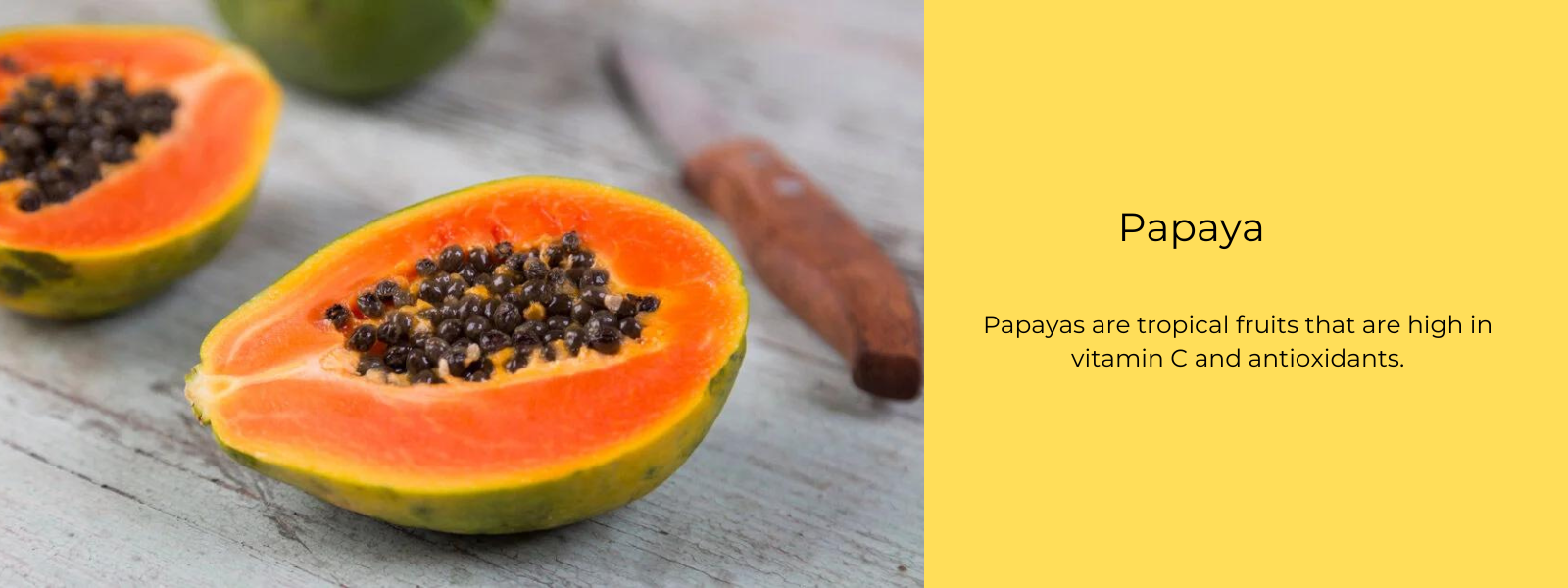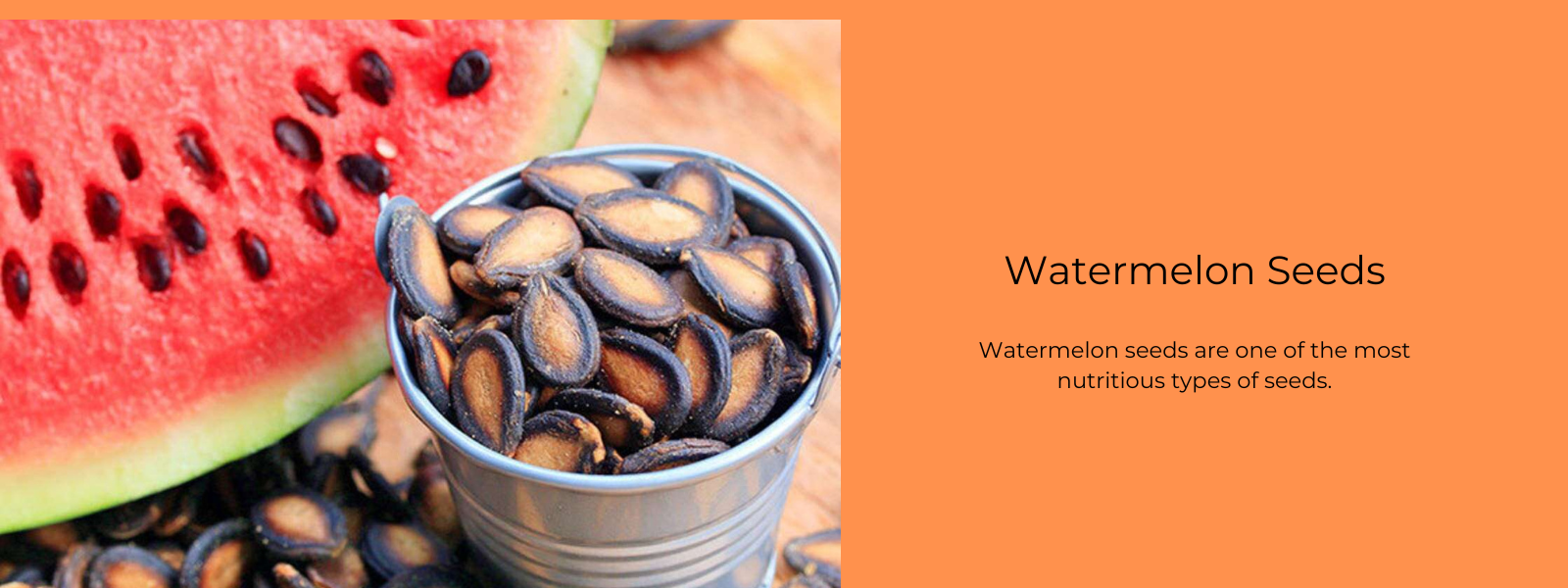Although peanuts are often ignored as a healthful snack, they actually have many of the same benefits with more expensive nuts. When compared to other nuts, peanuts fare exceptionally well nutritionally. They include a lot of beneficial nutrients and are a great way to get your daily dose of fibre, protein, and other plant-based nutrients.
Table of Contents
What are peanuts?
Peanuts, which are botanically known as Arachis hypogaea, are a type of legume that belongs to the family Fabaceae, which also includes peas, lentils, and beans. Peanuts are not true nuts, despite the fact that they are commonly treated and prepared like other nut species.
Peanuts origin:
Some of the earliest evidence of the peanut suggests that it was cultivated in South America, where peanut-shaped ceramics have been found. The Incas of Peru placed peanuts in the graves of their deceased, and people from central Brazil drank a mixture of pulverised peanuts and corn.
After being brought back to Europe from Africa and Asia by European explorers, the peanut quickly became a popular snack across the continent. As a result of the Transatlantic Slave Trade, peanuts were introduced as a cash crop to the Americas in the early nineteenth century. George Washington Carver, an agricultural scientist, advocated for the planting of peanuts between cash crops because of the legume's ability to restore soil nitrogen.
Peanut’s plant description:
Peanuts are annual plants that can grow in one of two distinct ways: as a bushy shrub that stands upright and is 45-60 cm (18-24 inches) in height with small branches, or as a low-lying vine that is 30-45 cm (12-18 inches) in height. The leaves are pinnately compound with two pairs of leaflets and the stems are robust and hairy. Each flower has yellow petals around 10 mm (0.4 inch) in diameter, and it blooms on the leaf axils. The pods are rectangular with rounded ends, about 25-50 mm (1-2 inches) in length and typically housing two or three seeds; the pods are constricted between both the seeds with a thin, netted, spongy shell. The papery seed coats of different species range in colour from white to a deep purple, and the shapes of the seeds themselves can range from oblong to practically circular.
Are peanuts a nut?
Though botanically peanuts are legumes, they are more commonly referred to as nuts in the food, science, and nutrition industries. Peanuts, in contrast to tree-grown nuts like walnuts, almonds, etc., are grown in underground pods.
How do peanuts grow?
Plants cultivated from peanut kernels (seeds) typically reach a height of around 18 inches and have green, leafy stems and flowers. The peanut plant is unusual in that it flowers above ground but bears its fruit underneath. About 40 days after seeding, the yellow blooms will begin to bloom. After the flowers have pollinated themselves, the petals will fall off to reveal the developing peanut ovary. Pegs are the common name for developing ovaries. A little stem emerges from the ground where the developing ovary, often known as a "peg," has been growing away from the plant. The peanut embryo matures as it lies flat on the soil and grows into a peanut. Plants that produce peanuts continue to bear fruit even if their length is cut. What this means is that they can keep flowering, pegging, and producing peanuts for a long time as long as the conditions outside are favourable. The entire cycle, from planting to harvesting, takes about four to five months.
Nutritional value of peanuts:
There are 567 calories, 26 grams of protein, 49 grams of fat, 16 grams of carbohydrates, and 9 grams of fiber in a 100-gram serving of peanuts. Thiamin (B1), niacin (B3), riboflavin (B2), pantothenic acid (B5), folate (B9), and vitamin B6 (B6), as well as numerous minerals like magnesium, manganese, phosphorus, and zinc, are abundant in peanuts.
Health benefits of peanuts:
Improves Heart Health
Due to their high level of unsaturated fats, nuts like walnuts and almonds have gained a lot of popularity as "heart-healthy" foods. Yet, studies show that peanuts have the same positive effects on cardiovascular health as being more expensive nuts.
Peanuts' cholesterol-lowering properties make them a useful tool in the fight against cardiovascular disease. In addition to lowering the likelihood of a heart attack or stroke, they can help prevent the formation of smaller clots in the blood.
Stimulates weight loss
Protein-rich foods have a greater satiety-to-calories ratio, so you can eat them in greater quantities before feeling full. As for the protein content, peanuts are next only to almonds among nuts. According to research, eating a good level of peanuts daily does not cause weight gain. Actually, if they eat peanuts, they might be able to trim down a bit.
Increases life expectancy
It's possible that consuming peanuts will extend your lifespan. Eating nuts on a daily basis has been associated with a lower risk of death from any cause, according to a large-scale research of nut eaters.
The observational nature of the study means that it cannot say for certain that peanuts are the direct cause of the lower mortality rates, but it does establish a strong association.
Prevents Diabetes
When you eat peanuts, your blood sugar won't surge because they have a low glycemic index. Eating peanuts has been demonstrated to reduce the chance of developing type 2 diabetes in women.
Minimize Inflammation
In addition to helping with digestion, the fibre in peanuts can help lower systemic inflammation.
Prevents Cancer
Eating peanut butter has been linked to a reduced incidence of gastric non cardia adenocarcinoma in older adults.











Leave a comment